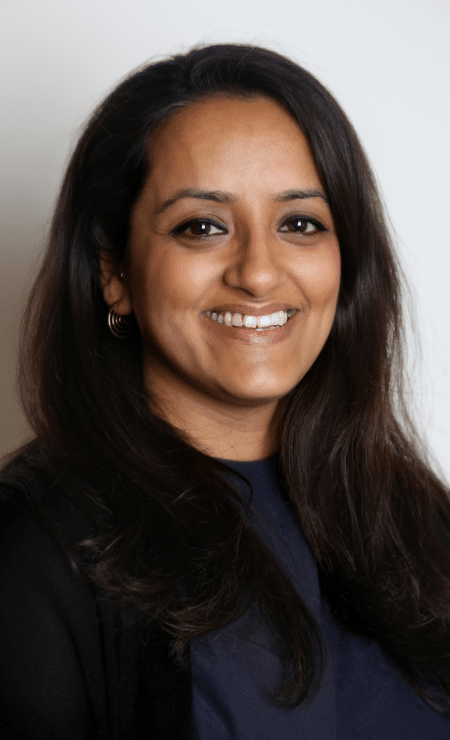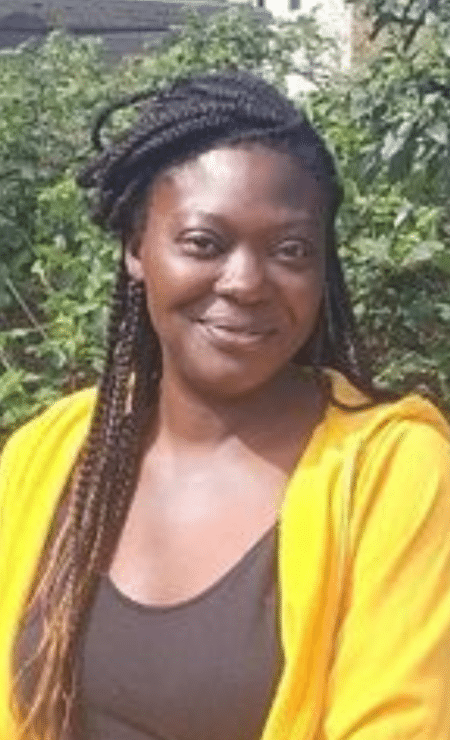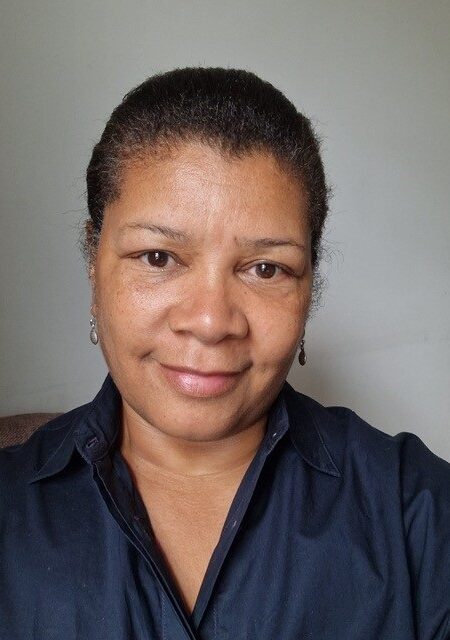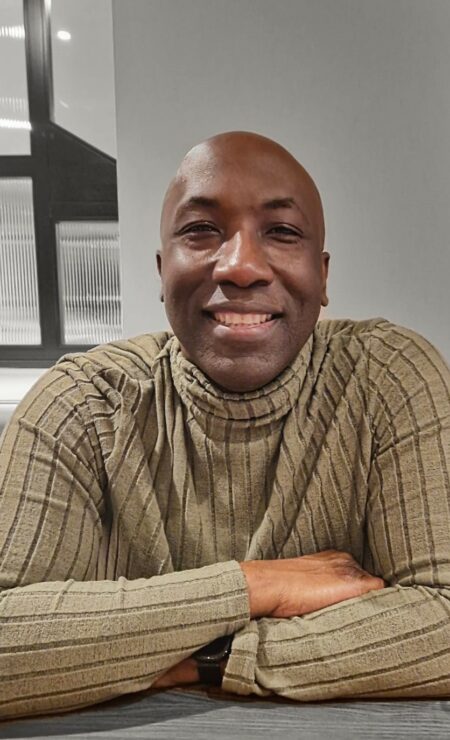
Funding for Black-led organisations and racial justice
Research and campaign material from more than 20 Black-led and racial justice organisations

Research and campaign material from more than 20 Black-led and racial justice organisations
I have different lived experiences as a woman of colour. And part of my experience is that funders don’t recognise the racism that they uphold within their practices. But because of the power dynamic, I have to bite my tongue and I cannot point out the discriminatory ways of looking at things and the lack of trust – rooted in a lack of understanding of racial inequity and how racial justice works – that I witness. Change will involve funders being willing to consider more radical ideas and stances, then taking the time to build mutual trust, and respecting our commitment and ability to deliver the work.
Fizza Qureshi, CEO, Migrants’ Rights Network

Very often, marginalised or racialised communities create our community organisations out
of a desperate need to improve a social ill that affects us. Registration – with the Charity
Commission or Companies House – is an afterthought, as it’s not as important as serving
our communities. The knock on effect is that very often we’re not satisfying funders’ criteria, so we miss out, or are just fed a diet of short-term project funding.For that to change and for the power dynamic to shift, funders should have the black lens around the table when it comes to designing their programmes, and better diversity with lived experience within the assessment process. Though I am happy to see an increase of equity led funders who naturally understand this and therefore their criteria in accessing funding are more culturally appropriate and sensitive.
Valerie Goode, Founder, Coco Collective

We recognised that our involvement, our engagement in the racism that we can see happening needed to be more intentional rather than just signing statements. It started with a deep commitment to learning: reaching out through our networks to hear and understand the experiences of Black-led groups. And we then had to completely re-think our application process. So, when we received applications, we knew that we had to consider them in a way that was different to how we had done this before, really trying to take account of the power dynamics at play. All of this rooted in a belief that Black-led organisations are coming from a different place and that we need to start from where they are at and fund them in an open and trusting way, because they are best placed to understand and make use of their own resources.
Tracey Fletcher, Chair, Peter Minet Trust

One way of meeting some of the challenges to change is involving people with lived experience earlier on in the funding journey. However, being someone who’s black or from a racialised community is not a homogeneous thing. While you might have representatives from these target communities, can any individual person or organisation speak for the whole of who we’re trying to support and develop? So, you also need people with lived experience on the inside, shaping and changing the experiences of the racial majority, as well as listening to people on the outside who we’re trying to reach and communicate with.
Peter Cunnison, Manger – West Midlands, Lloyds Bank Foundation for England and Wales

With thanks to Westminster House Youth Club / Peter Minet Trust for the photo used at the top of this page.